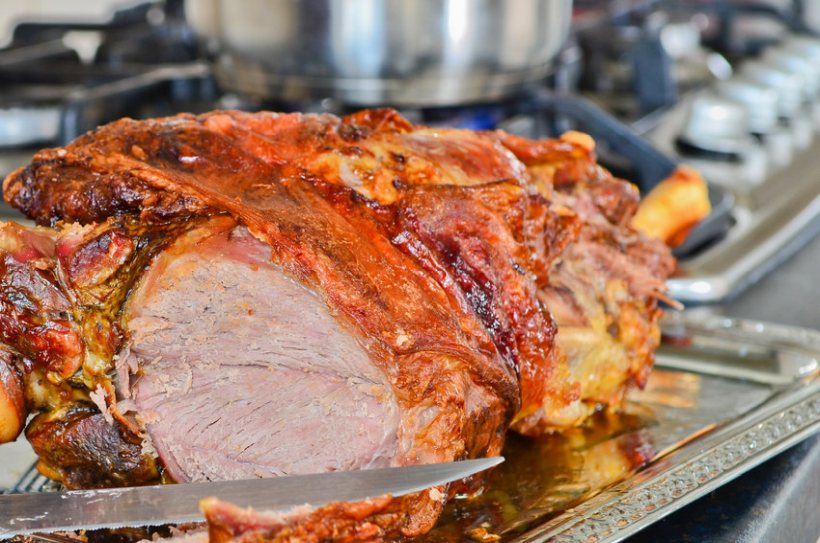Love Lamb Week gets underway with sustainability message

This year's Love Lamb Week is now underway with a focus on the sustainability of UK sheep production and the role it plays in maintaining the landscape.
Running from Wednesday (1 September) for a week, the 2021 initiative will also ensure consumers are reminded on the nutrition and taste of British-produced lamb.
As with previous years, the industry-wide campaign is supported by AHDB, the National Sheep Association (NSA), the NFU and NFU Scotland.
The NFU is working with sheep producers across the country to showcase climate-friendly lamb on various social media channels.
The union's livestock board chairman Richard Findlay, a sheep farmer from North Yorkshire, said the UK produced some of the finest quality lamb in the world.
"We are proud to say that we have some of the most sustainable systems, using our natural resources and landscapes – landscapes which are often unsuitable for other types of food production – to turn inedible grass into a tasty, nutritious protein," he said.
“There is a real pride in sheep farming in this country – a pride which stems from the sector’s prominence in British history and culture, from how it has helped shape our iconic countryside through the ages to its incredibly high standards of animal health and welfare.
A new collection of digital assets has been developed by AHDB to encourage producers, chefs, butchers and retailers to celebrate lamb’s qualities on the plate and in the field.
One of the key components from last year’s campaign push is to return, with 3,000 promotional kits sent to high-street butchers and farm shops.
These kits will contain posters and recipe cards with key sustainability messages.
This year's campaign comes amid a crucial time for British farming as the government seeks to do free trade deals with countries around the world.
Sheep farming in particular faces challenges from recent and impending deals with Australia and New Zealand which could see sizeable increases in lamb imports coming into the UK tariff-free.
Mr Findlay warned that this could damage farmers: "This would under-cut many sheep farmers who are working with ever-increasing costs of production and changes to government support schemes."
He added that the government should develop trade policy that recognised the value of British lamb, which is worth around £2.5bn to the national economy.








